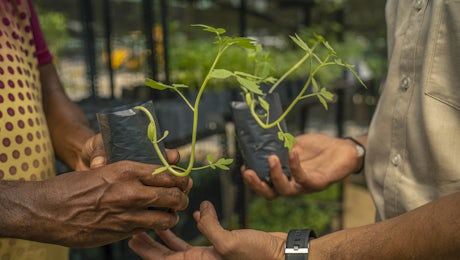
APLMA Leaders' Dashboard 2022: Countries Show Modest Progress Against Malaria while Challenges Persist in High-Burden...
The Leaders’ Dashboard 2022 notes key policy reforms by national programmes and reviews the changing malaria landscape.
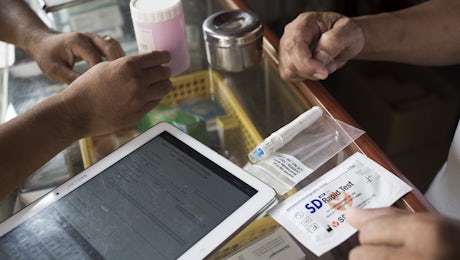
International Women's Day: How Village Malaria Worker, Mrs. Nouansy, Champions Equity in Remote Laos
Mrs. Nouansy shares her story of working with high-risk remote communities in to detect and treat malaria in Lao PDR.
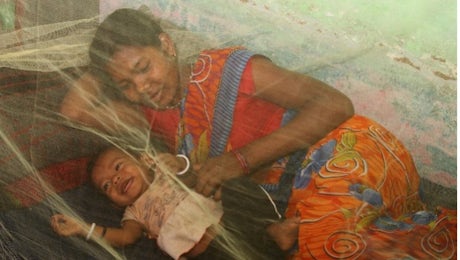
ASTMH 2022: Overcoming Neglected Challenges in Malaria Elimination to Reach the Last-Mile
The last mile of malaria elimination will require a hard look at challenges which have previously been neglected.
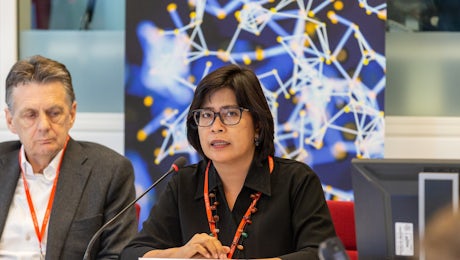
Innovating Towards a Malaria Vaccine in Indonesia – Dr Rintis Noviyanti, Malaria Champion
Dr Rintis Noviyanti is part of a team tackling what the Indonesian Government has deemed a ‘national enemy’: malaria.
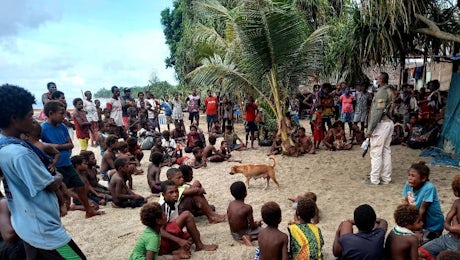
Reaching Remote Communities in Papua New Guinea – Enoch Waipeli, Malaria Champion
Enoch Waipeli leads the malaria control programme in Papua New Guinea's, West Sepik Province.
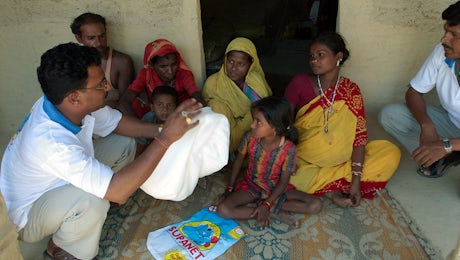
Regional Cross-Border Cooperation: Critical to Sustained Malaria Elimination and Regional Health Security in South Asia
Cross-border collaboration is key for malaria elimination in South Asia and global health security.
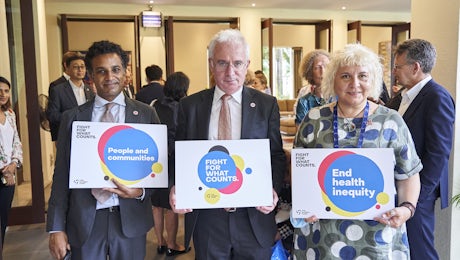
APLMA and Partners Rally to Support the Global Fund Achieve $18 billion Replenishment Goal
APLMA partnered to host a high-level reception uniting new and old supporters of the Global Fund.




